Michael Jordan
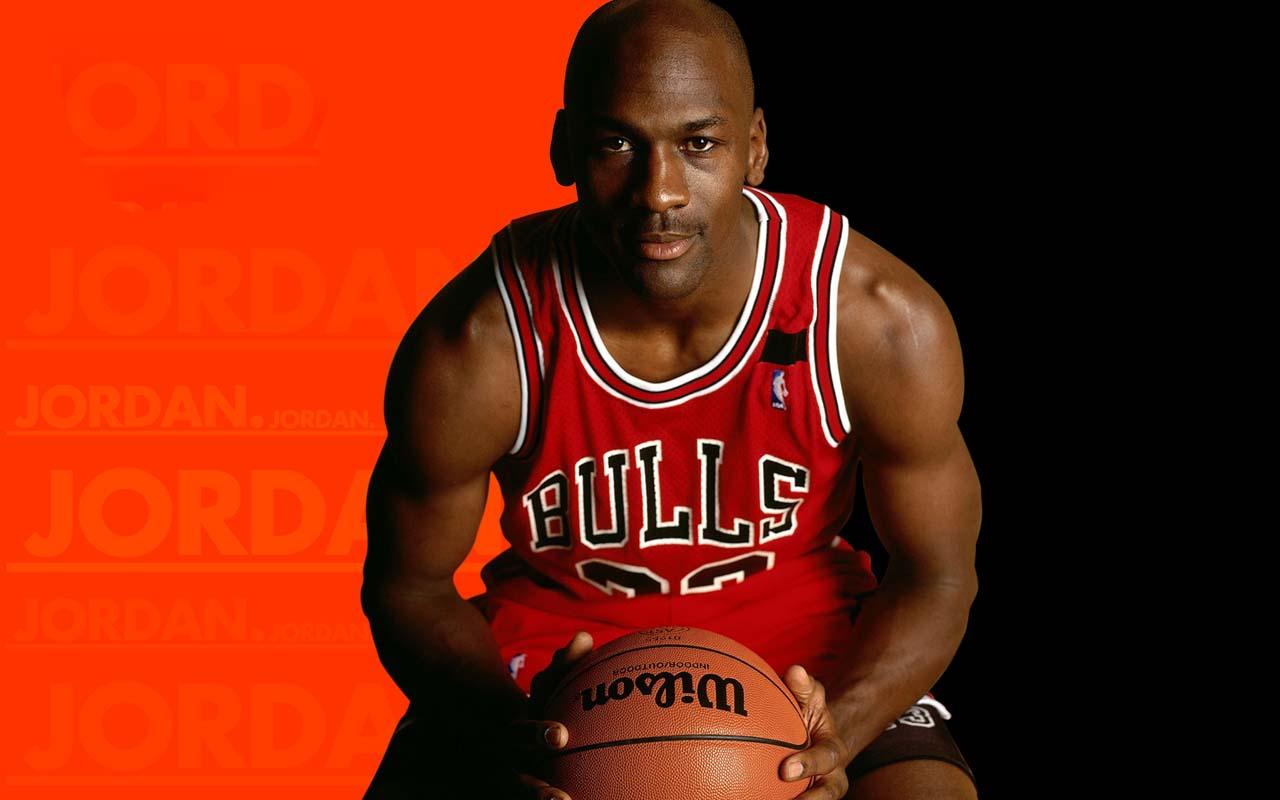
“I’ve missed more than 9000 shots in my career. I’ve lost almost 300 games. 26 times, I’ve been trusted to take the game-winning shot and missed. I’ve failed over and over and over again in my life.
And that is why I succeed.”
Light Bytes Page

“I’ve missed more than 9000 shots in my career. I’ve lost almost 300 games. 26 times, I’ve been trusted to take the game-winning shot and missed. I’ve failed over and over and over again in my life.
And that is why I succeed.”
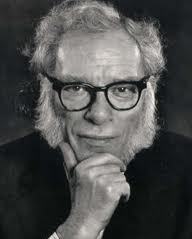
“The most exciting phrase to hear in science, the one that heralds new discoveries, is not ‘Eureka!’ (I’ve found it!) but ‘That’s funny…'”
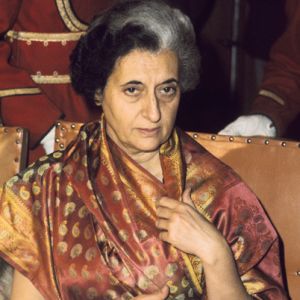
“My grandfather once told me that there are two kinds of people: those who work and those who take the credit. He told me to try to be in the first group; there was less competition there.”
Indira Priyadarshini Gandhi, née Nehru (1917 – 1984) was an Indian politician and thus far the only female Prime Minister of India. The daughter of India’s first Prime Minister, Jawaharlal Nehru, she served as Prime Minister from 1966 to 1977 and then again from 1980 until her assassination in 1984.
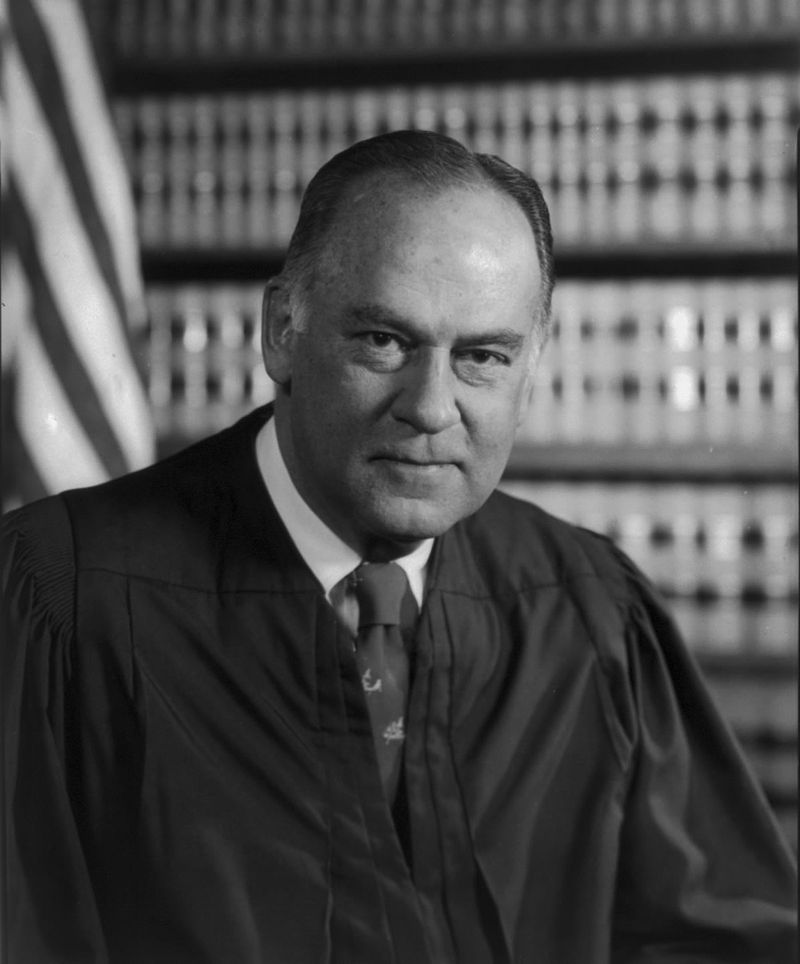
“Ethics is knowing the difference between what you have a right to do and what is right to do.”
Potter Stewart (1915–1985) was an Associate Justice of the United States Supreme Court, who made major contributions to criminal justice reforms, civil rights, equal access to the courts and Fourth Amendment jurisprudence. He is probably most well-known for his statement that while hard-core pornography is hard to define, “I know it when I see it” – part of his concurring opinion in the censorship case of Jacobellis v. Ohio (1964).
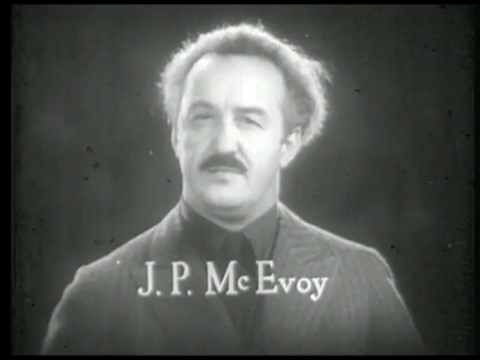
“. . . when you talk you are only repeating what you already know – but if you listen you may learn something.”
Joseph Patrick McEvoy (1897–1958), sometimes credited as John P. McEvoy, was an American writer whose stories were published in the early 1900s. Many were subsequently adapted into movies. McEvoy is probably most well-known for the popular newspaper comic strip Dixie Dugan, based on Show Girl. This quote was taken from his article “Passing the hot potato,” published in The Rotarian in May 1947.
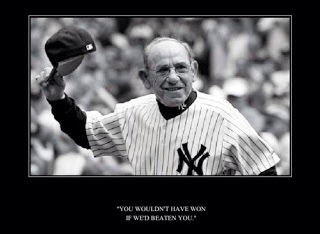
“I really didn’t say everything I said.”
Lawrence Peter “Yogi” Berra (1925 –2015) passed away this past Tuesday at the age of 90. An 18-time All-Star Professional Baseball Catcher, he appeared in 14 World Series as a New York Yankee, winning 10 of them. He was elected to the Baseball Hall of Fame in 1972, is one of only 5 players to have won the American League Most Valuable Player Award three times and is widely regarded as one of the greatest catchers in baseball history. He also gained a reputation for his humorous and often paradoxical quotes.
[Picture Caption: “You wouldn’t have won if we’d beaten you.”]
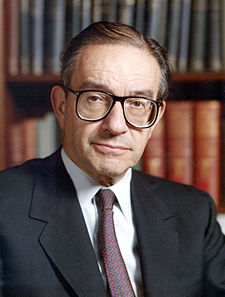
“I know you think you understand what you thought I said but I’m not sure you realize that what you heard is not what I meant.”
Alan Greenspan, an American economist, former Chairman of the Federal Reserve of the United States (served from 1987 to 2006)
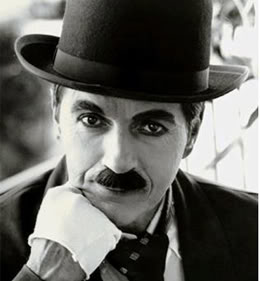
“You need power, only when you want to do something harmful; otherwise love is enough to get everything done.”
Sir Charles Spencer “Charlie” Chaplin, KBE (1889–1977), a British comic actor and filmmaker – one of the most iconic silent film stars, known throughout the world for his screen persona, “the Tramp.” At times adored, other times controversial, and often both, few dispute Chaplin is among the most important figures of the motion picture industry.
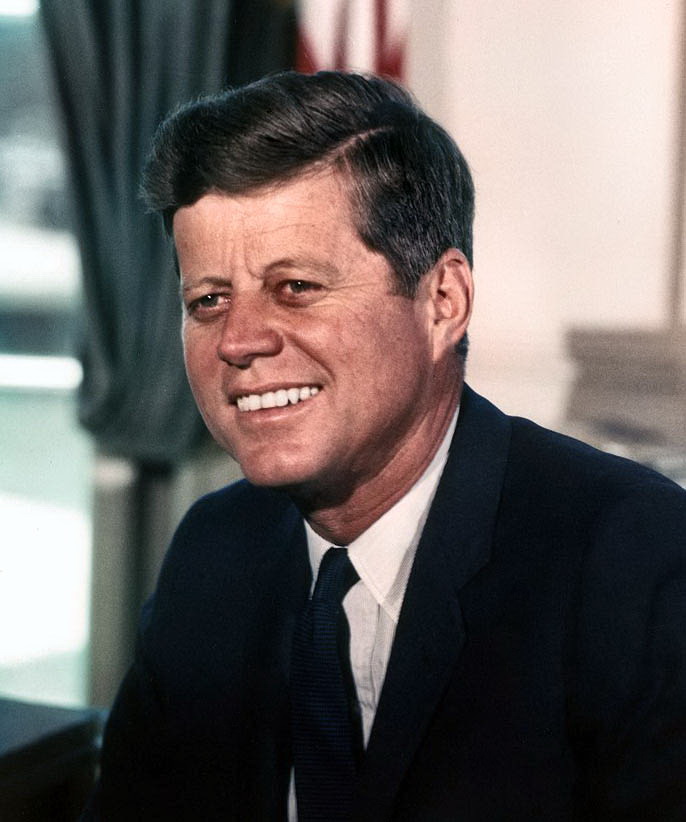
“As we express our gratitude, we must never forget that the highest appreciation is not to utter words but to live by them.”
John Fitzgerald Kennedy (1917 – 1963) (November 5, 1963). JFK, as he was commonly known, served as the 35th President of the United States from January 1961 until his assassination in November 1963.
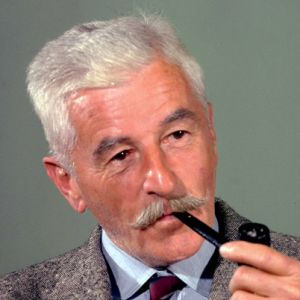
“Never be afraid to raise your voice for honesty and truth and compassion against injustice and lying and greed. If people all over the world would do this, it would change the earth.”
William Cuthbert Faulkner (1897–1962) was an American writer who wrote novels, short stories, a play, poetry, essays and screenplays. He is one of the most celebrated writers in American literature, receiving the Nobel Prize in Literature in 1949 and winning two Pulitzer Prizes for his fictional works.